The new Pope of the Catholic world has been elected. The spiritual leader of the Catholic denomination, which constitutes the majority of the Christian world, with the Holy seat and his personality relates to the entire world and certainly to Turkey at the nexus of Eurasia. The history of Turkey-Vatican relations goes very far into the past. Although the main element that has configurated relations has been the difference of religion, history has been witness to how religious difference could have been interfaced with political reality, a source of inspiration and unequaled wealth for academicians, historians and political scientists today. The role of the Vatican today continues to be an important element on Turkey’s European location and its European identity. It is not a secret that the Vatican wants to see the European Union as a christian union. It is without doubt that this consideration has also been taken into account in formulating the EU policy of keeping Turkey’s membership application open-ended. It is known that the former Pope, who has resigned, with the influence of his earlier position when he served as cardinal in the Vatican administration, was dogmatic and did not respond then to the requests of Turkey’s Ambassadors to the Vatican for appointment. The Regensburg speech showed how far this dogmatism has reached and his attempts later on to remedy his remarks, although positive, have remained far from being credible. It can be said that in the election of the new Pope, the sensitivities of the Vatican, its current tribulations and balanced traditional conservative approaches have been taken into consideration. The new Pope is of Italian origin, has completed his doctorate in Germany. On the other hand, he was born in South America and represents the Latin world where the Catholic population is the most dense and intense. These qualities alone are of a nature to provide the clues of the election. As regards the part of the world he comes from, setting him apart from his successor, he is in a position to be aware that those living in a glass house should avoid throwing stones to their neighbors. An important characteristic of the Pope which forms a first is that he is a member of the Jesuit cult which is the most powerful in terms of numbers among the Catholics. This cult, established in 1534, has a tract record of ups and downs in its standing with the Vatican and is renown for its missionary work. The most known aspect of the cult is to globalize its activity by opening schools and increasing the number of its students. Currently, it pursues activities comprising 112 nations on six continents, including Antarctica, and serves 2.5 million students in 3730 educational institutions. Francis Xavier, one of the founders of the cult, has been known for converting more people into Catholicism than anyone else before, focusing in the Asian geography, in India and in China where he passed away and later attained sainthood. The new Pope, as a first, has chosen the name “Francis I” as his official title. This selection is based on Italy’s patron saint and the founder of another cult (fransiscaner), Francis of Assisi. According to the information in Catholic media organs, it is emphasized that the new Pope has adopted a very modest life and is an accomplished intellectual. He is praised in his role in protecting the poor of Argentina during its period of economic crisis and depression. He is considered as the potent symbol for defending of the burden brought by globalization on the world’s poor. On the other hand, his detractors criticize him for not speaking out during the period of the military government in Argentina and allege that he did not protect the arrested priests. Another indication that the new Pope could be influenced by the lobby groups and political winds has emerged when he mentioned the Armenian allegations during a cermon he conducted in Buenos Aires. As it can be recalled, it was indicated in the press that during a Catholic bishops conference held recently, the speaker of the conference had said that around one million documents existed in the Vatican archives concerning the Ottoman period and that among these there were documents which conveyed that the enforced relocation of 1915 had its roots with the Armenians’ internal problems. The new Pope’s first words as he assumed Holy office, to foster brotherhood in the world towards global peace and living together, is bound to be tracked in Turkey with concrete expectations.
© 2009-2025 Center for Eurasian Studies (AVİM) All Rights Reserved
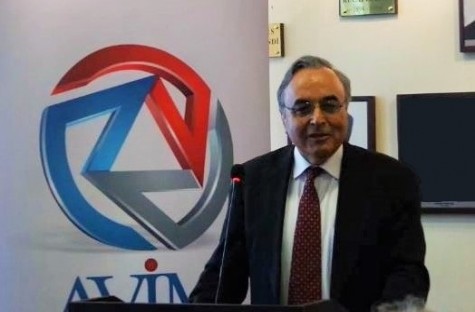 IT IS NOT SURPRISING TO SEE THE FRENCH AND RUSSIAN SUPPORT FOR THE ARMENIAN ALLEGATIONS AND CLAIMS
IT IS NOT SURPRISING TO SEE THE FRENCH AND RUSSIAN SUPPORT FOR THE ARMENIAN ALLEGATIONS AND CLAIMS
 RENEWED EFFORTS TO MANIPULATE PUBLIC AND SCHOLARLY DISCOURSES ON THE ARMENIAN QUESTION BY FINANCIAL MEANS
RENEWED EFFORTS TO MANIPULATE PUBLIC AND SCHOLARLY DISCOURSES ON THE ARMENIAN QUESTION BY FINANCIAL MEANS
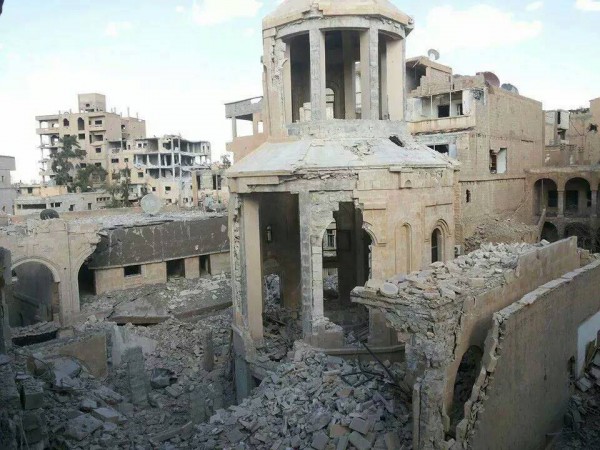 “THE ARMENIAN NARRATIVE” IN SYRIA: HOW RELIABLE IS IT?
“THE ARMENIAN NARRATIVE” IN SYRIA: HOW RELIABLE IS IT?
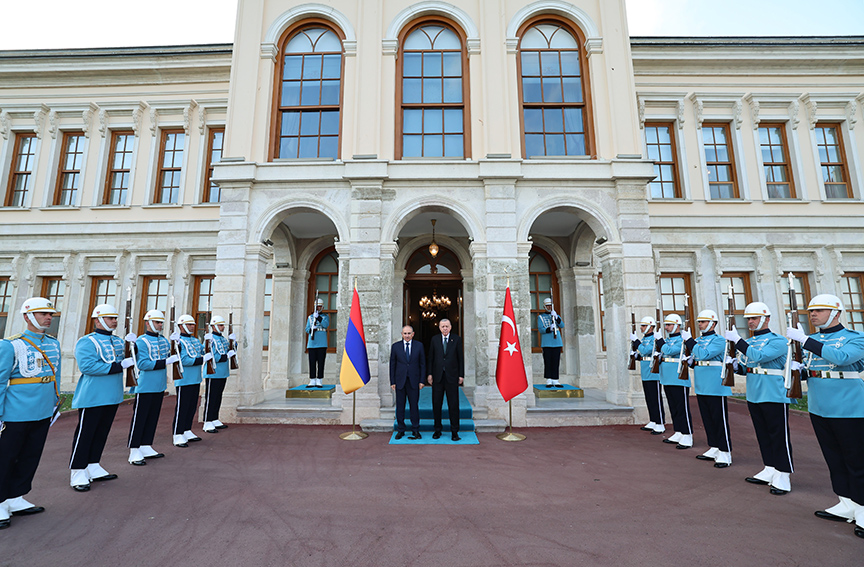 PASHINYAN'S WORKING VISIT: A STEP FORWARD IN THE TÜRKİYE-ARMENIA NORMALIZATION PROCESS
PASHINYAN'S WORKING VISIT: A STEP FORWARD IN THE TÜRKİYE-ARMENIA NORMALIZATION PROCESS
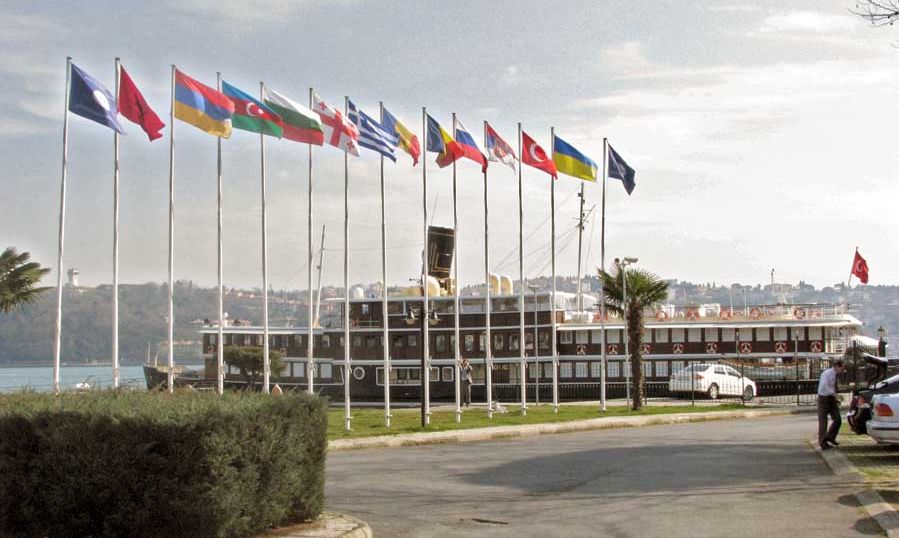 THE BLACK SEA ECONOMIC COOPERATION AND CAUCASUS
THE BLACK SEA ECONOMIC COOPERATION AND CAUCASUS
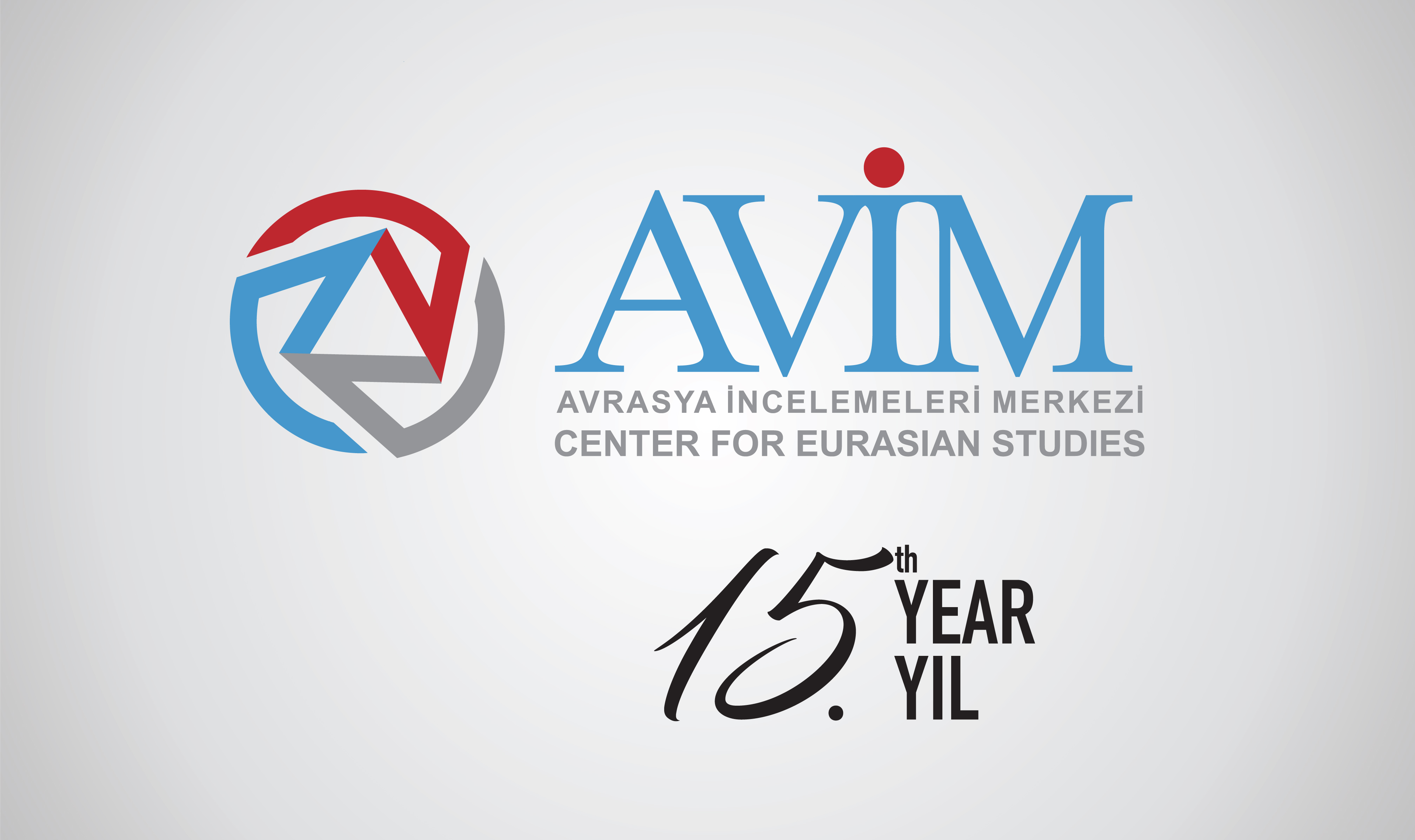 CELEBRATING 15 YEARS OF AVİM - A JOURNEY OF EXCELLENCE AND ASPIRATION
CELEBRATING 15 YEARS OF AVİM - A JOURNEY OF EXCELLENCE AND ASPIRATION




























